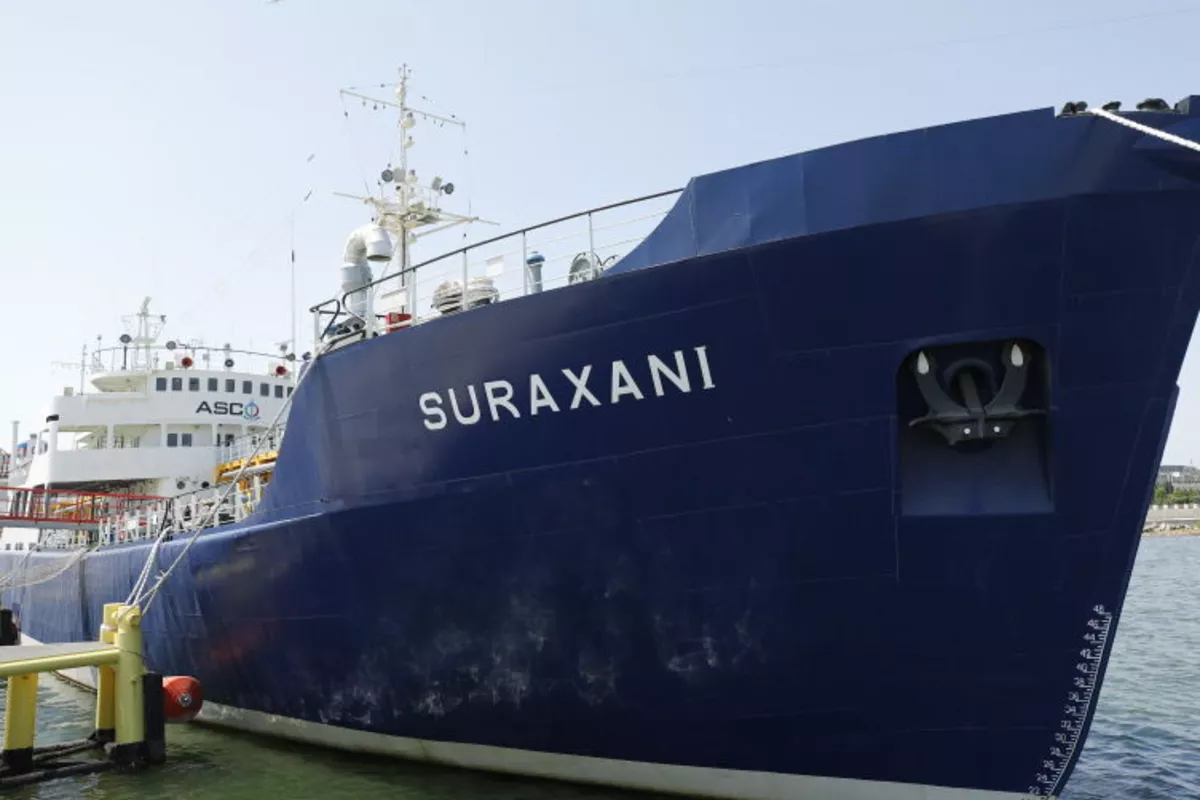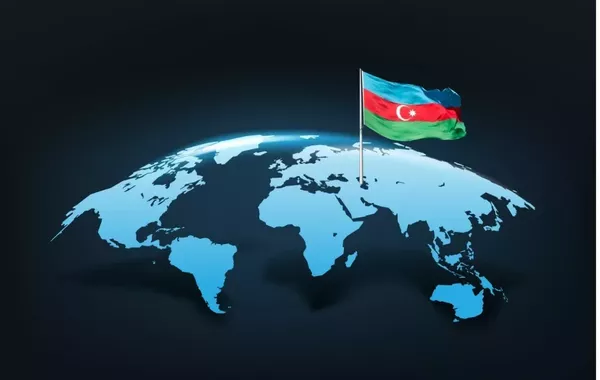
The International Council of Museums (ICOM) has released the longlist for the “ICOM Award for Sustainable Development Practice in Museums,” featuring Azerbaijan’s “Surakhany” museum-tanker with its “Caspian Heritage” initiative.
The 2024 ICOM competition received entries from 124 countries, The Caspian Post informs via the “Azerbaijan Caspian Shipping” company.
After a preliminary review, the jury shortlisted 130 projects from 60 countries. These projects will now undergo further evaluation to determine a shortlist and, eventually, three finalists. Winners will be announced in December 2025 at the ICOM General Conference in Dubai.
Projects are assessed by an international jury across five key areas aligned with the 2030 Agenda and Sustainable Development Goals: People, Planet, Prosperity, Peace, and Partnership.
The “ICOM Award” is the first global prize recognizing innovative initiatives and best practices in museum sustainability, and it is open to all ICOM members worldwide.
Azerbaijan’s “Surakhany,” the world’s first museum-tanker, first applied to the ICOM Award in 2023 with its “Caspian Heritage” exhibition, commemorating the Year of Heydar Aliyev and the 165th anniversary of the Azerbaijan Caspian Shipping Company. The initiative also included the “Art Plast” project, launched during the “Year of Solidarity for a Green World” ahead of COP29, under the slogan: “Less Plastic, More Life: Together for a Clean Sea!”
The “Caspian Heritage” exhibition featured ancient artifacts recovered from the Caspian Sea, as well as equipment and gear used by the underwater archaeology team. Visitors learned about submerged Azerbaijani cities, medieval shipwrecks, the region’s rich culture, and its historical trade connections.
The Art Plast project included eco-art installations: a 5-meter-long fish, seagulls, a seal, and a seahorse over 2 meters tall each. Additionally, a 4-meter-long world map made from plastic bottles and vases crafted from decommissioned boats were displayed in front of “Surakhany.” These installations not only highlighted plastic pollution and the need to protect marine life but also demonstrated how waste can be transformed into useful objects and works of art.
Share on social media
